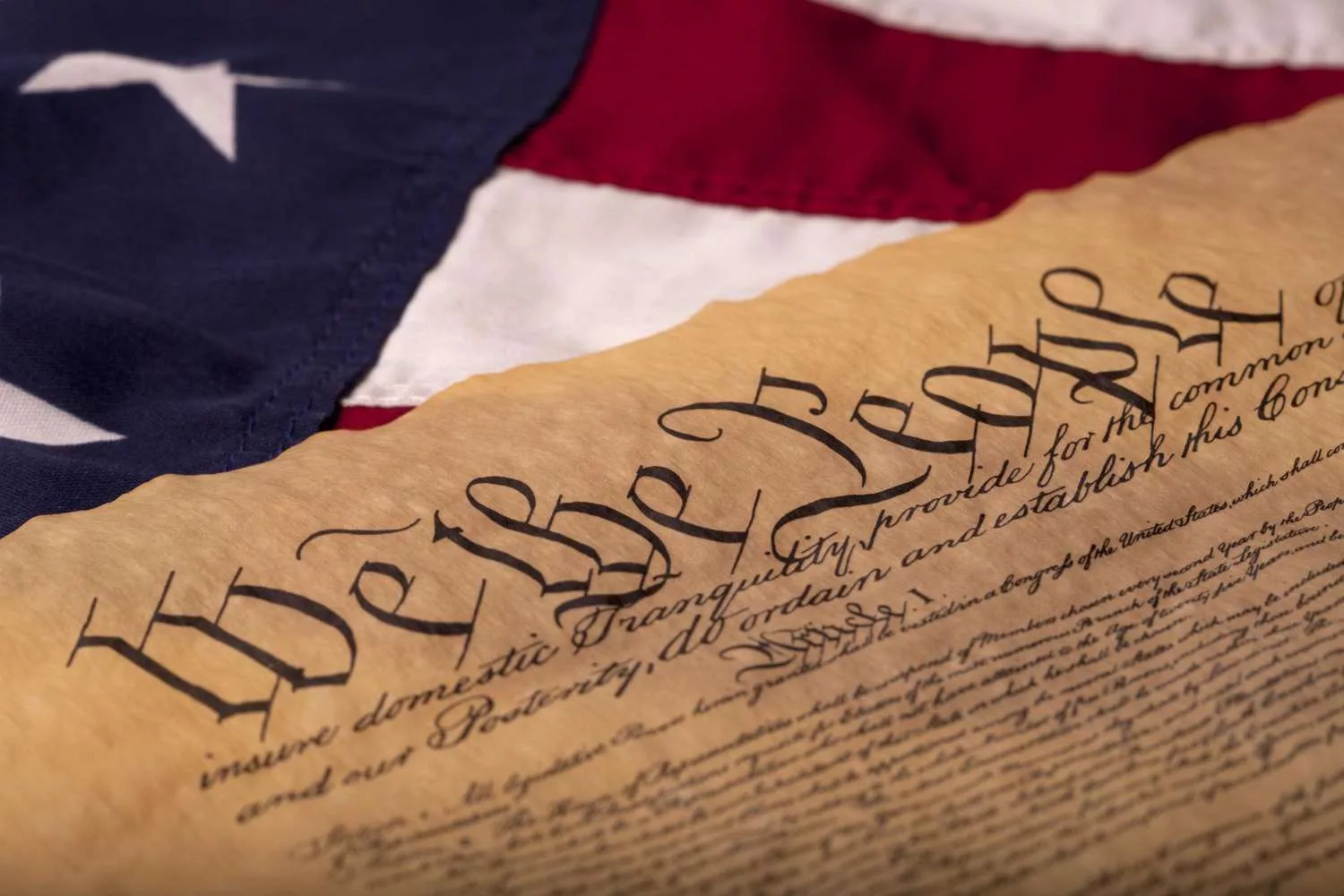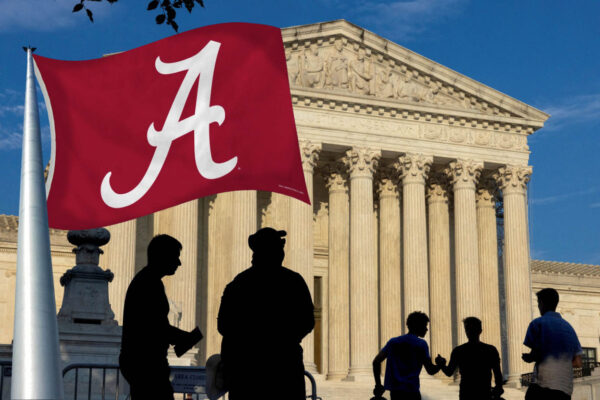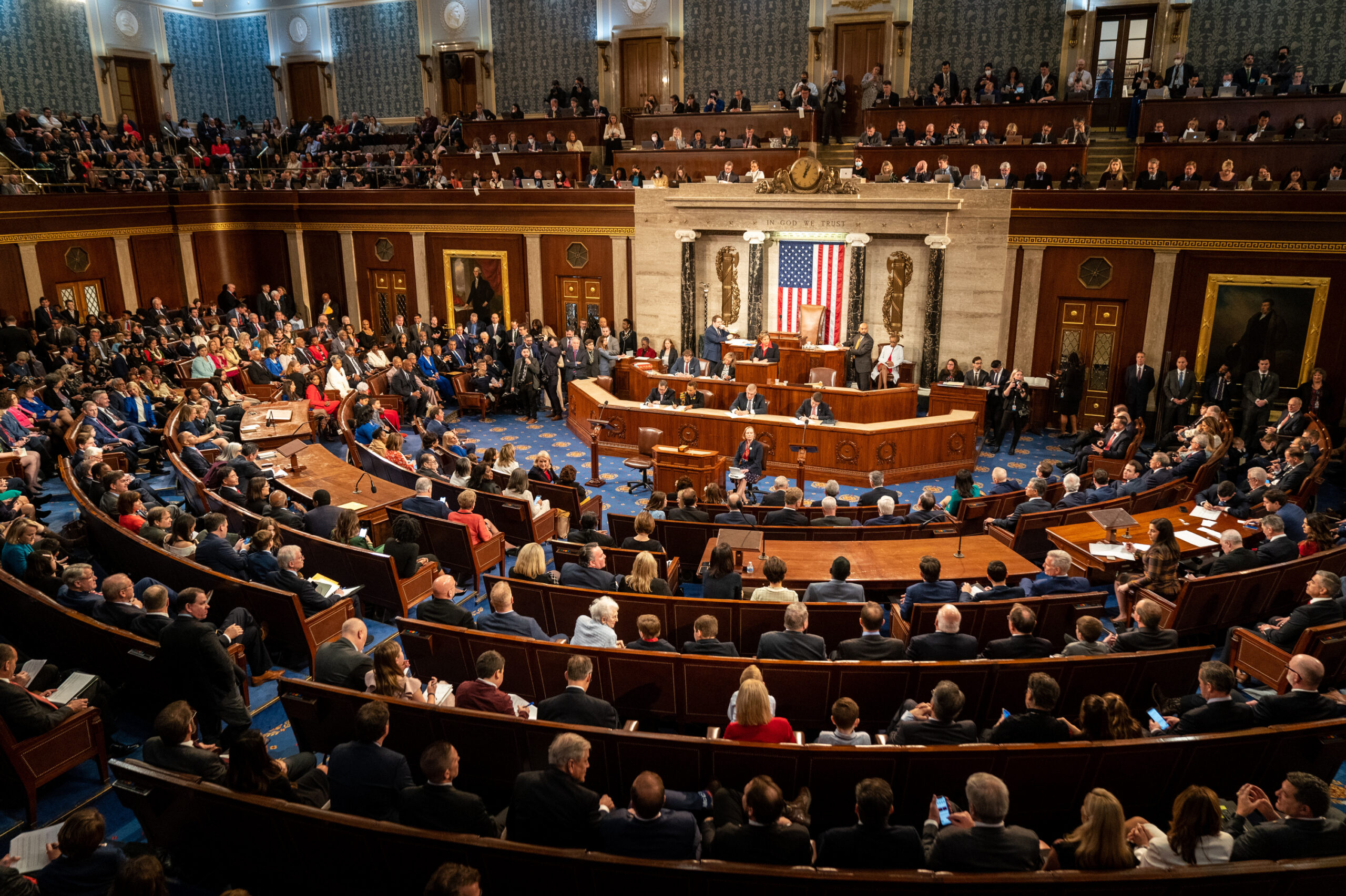A team of historians just revealed that a draft of the Bill of Rights, the first ten amendments to the United States Constitution, originally included a provision for the separation of “Woke” and state.
The provision, which has never before been made public, called for a clear distinction between the government and “woke” ideology, in order to protect the fundamental rights of Americans who do not subscribe to the latest social justice trends.
According to some reports, Thomas Jefferson, one of the Founding Fathers and the principal author of the Declaration of Independence, was actually a proponent of the separation of “woke” and state. In a letter to James Madison, Jefferson wrote, “To compel a man to furnish contributions of money for the propagation of opinions which he disbelieves and abhors, is sinful and tyrannical.” While Jefferson’s views on the matter are not fully clear, it is possible that he would have supported the provision had it remained in the final version of the Bill of Rights.
The historians have said that the provision was proposed by a group of politicians who were concerned about the growing influence of “woke” ideology in American society. They argued that the government should not be involved in promoting or enforcing any particular ideology, but should instead remain neutral and focus on protecting the rights of all citizens.
The provision read as follows:
“The government shall make no law respecting an establishment of woke culture, or prohibiting the free exercise thereof; or abridging the freedom of speech, or of the press; or the right of the people peaceably to assemble, and to petition the government for a redress of grievances.”
While this provision was ultimately removed from the final version of the Bill of Rights, some conservative activists are calling for its reinstatement in light of the current cultural climate.
“This is a crucial issue for our country,” said conservative commentator Ben Shapiro. “We need to protect the rights of Americans who don’t want to be subjected to the latest social justice fads. The government should not be in the business of promoting woke ideology.”
Critics of the provision argue that it would violate the First Amendment’s guarantee of freedom of speech and freedom of the press. They also point out that the term “woke” is ill-defined and subjective, making it difficult to enforce.
“This provision would be a disaster for free speech,” said civil liberties advocate Nadine Strossen. “It would give the government the power to suppress any speech or expression that is deemed ‘woke’ or ‘unwoke.’ That’s a recipe for censorship and oppression.”
Despite the controversy surrounding the provision, it has sparked a heated debate about the role of government in promoting or regulating cultural trends. As the country continues to grapple with issues of race, gender, and identity, it remains to be seen whether the concept of a separation of “woke” and state will gain traction as a serious policy proposal.

















